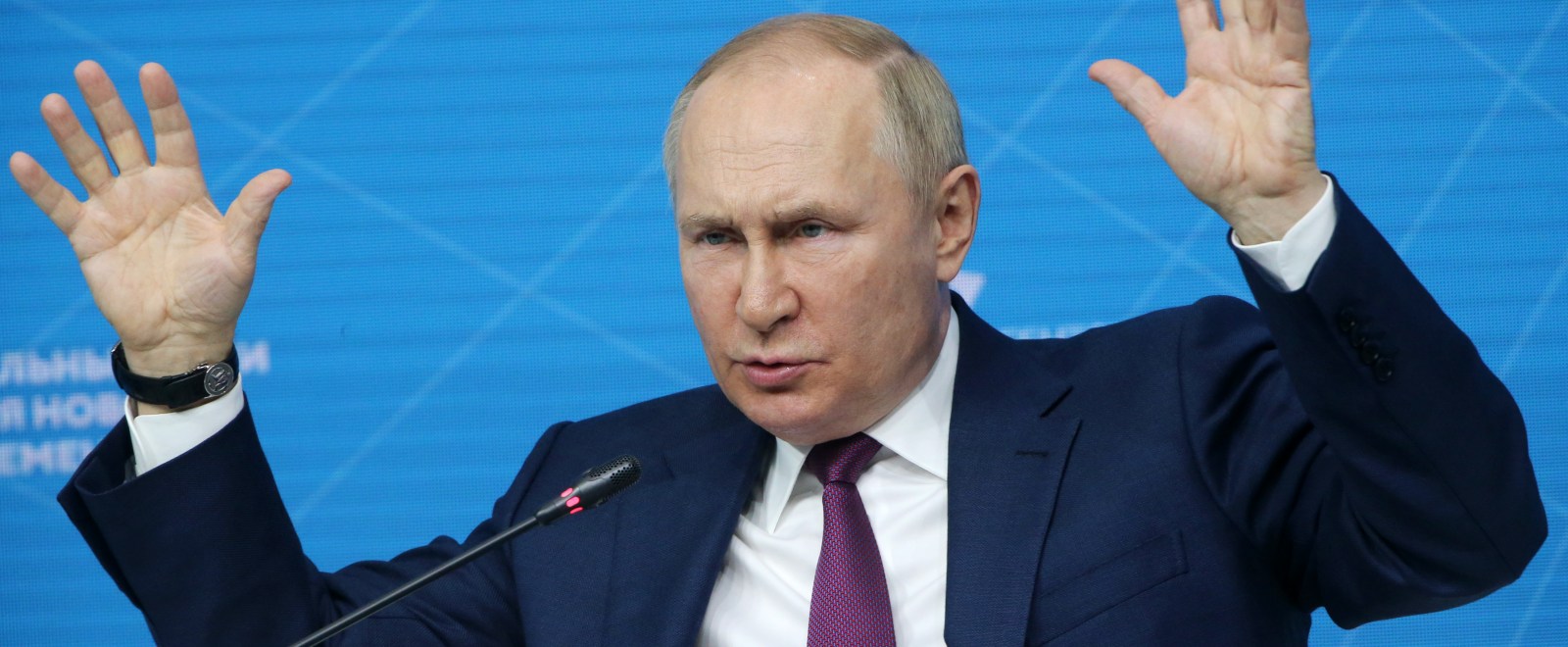It’s not an exaggeration to say that draft papers in Russia are now tantamount to a death sentence. Vladimir Putin has been heavily recruiting at prisons as well as on the non-felon front, in one effort even sending 180,000 Russians fleeing from a 300,000-strong draft. After Putin’s initial February 2022 invasion of Ukraine, reports indicated that he quickly lost half his army within months. Later, we heard that soldiers were incensed and felt that they were being turned into hamburger meat on the battlefield, and each discussion of subsequent drafts has sparked panic in Russia.
There’s good reason for this reaction. According to White House figures, Russian casualties (including those Russian troops killed or wounded) have stacked up to 100,000 in Ukraine, and that’s not a total amount. That’s “in just the past five months,” and that number includes 20,000 deaths, which also source from within the private army that’s supplementing Russian troops. Via the New York Times, this is grim stuff:
John Kirby, a spokesman for the National Security Council, said the figure included 20,000 Russian fighters who had been killed in action. About half of those were mercenaries for the Wagner group, the paramilitary force founded by Yevgeny V. Prigozhin that recruited heavily from Russian prisons to bolster its ranks and carry out a brutal campaign around the eastern Ukrainian city of Bakhmut. The claims could not be independently verified.
Naturally, Putin will not let this report sit without comment. The Guardian has published the official Kremlin response, which is a claim that the U.S. dreamed up these figures, which were “plucked from thin air,” according to the Russian president’s regime. There does not appear to be a counterpoint offered by Russia, only that they do not agree. It would be hard, however, to disagree with video footage showing Russian recruits being told to bring tampons because that’s the only treatment that they’ll receive on the battlefield.
(Via New York Times & The Guardian)

